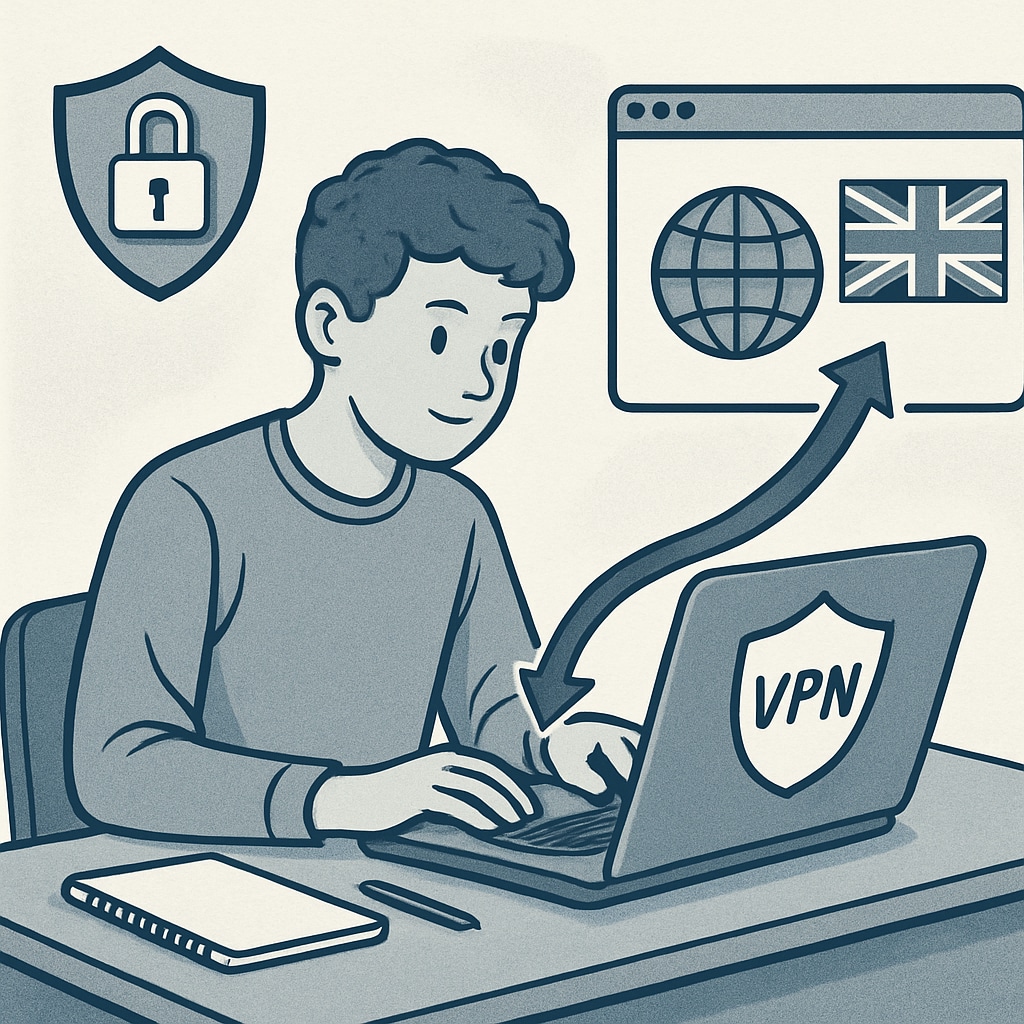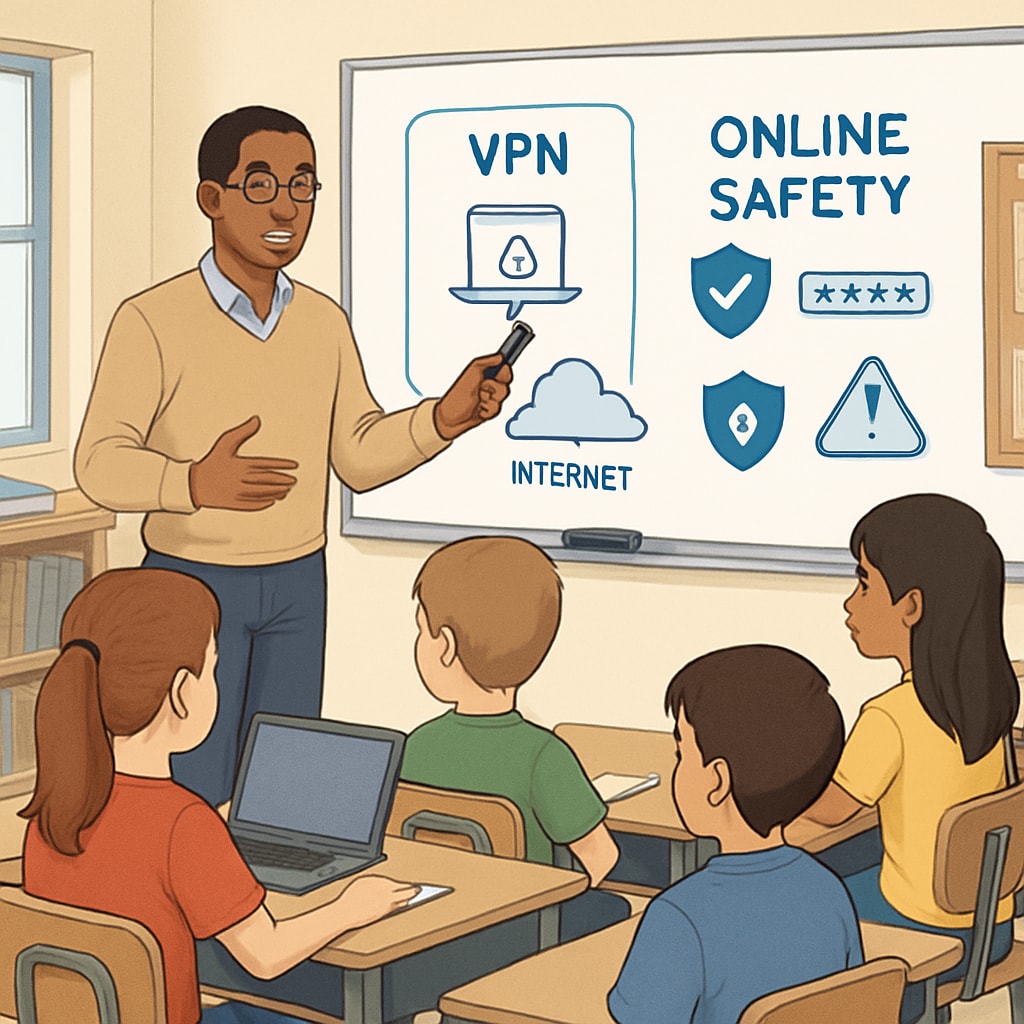The introduction of stringent age verification laws in the UK has sparked widespread discussions about internet safety. These regulations aim to protect minors from explicit or harmful content online, but an unintended consequence has been the rapid rise in VPN (Virtual Private Network) usage. While VPNs can circumvent restrictions, they also raise concerns about accountability and safe internet practices. For educators, this phenomenon underscores the importance of teaching digital literacy to K12 students worldwide.

Understanding the UK’s Age Verification Laws
In an effort to create a safer online space for children, the UK government introduced age verification requirements for certain websites, particularly those hosting adult content. These laws require users to demonstrate they are over 18 before accessing restricted content. While the intention is noble, the implementation has faced scrutiny regarding privacy risks and technical challenges.
One significant issue is the rise of VPN adoption. VPNs allow users to mask their location and bypass restrictions, effectively undermining the goals of age verification. Although VPNs provide legitimate benefits such as added security and privacy, their increased use among underage individuals poses new challenges for online safety.
Digital Literacy: A Key Pillar in K12 Education
The surge in VPN use emphasizes the need for robust digital literacy education in schools. Teaching students about the risks and responsibilities of internet use is critical in the modern age. Educators can focus on topics such as:
- Understanding how VPNs work and their legitimate uses.
- The potential risks of circumventing online safety measures.
- How to recognize and avoid harmful online content.
- Respecting digital rules and policies to ensure ethical internet use.
By integrating these topics into the curriculum, schools can help students make informed decisions and develop a strong sense of accountability online. For example, programs that explore the ethical implications of bypassing age verification systems can foster discussions about responsibility and consequences.

Global Implications of VPN Adoption
The UK’s experience provides valuable lessons for other countries grappling with similar issues. Age-based internet restrictions are becoming more common worldwide, particularly in regions with stringent content regulation policies. As a result, VPN usage is likely to rise globally, making digital literacy an international priority.
For instance, a report by Britannica highlights the growing need for internet oversight, while Wikipedia explains the technical underpinnings of VPNs and their widespread applications. Leveraging these resources, educators can design engaging lessons that prepare students for evolving online challenges.
Striking a Balance Between Regulation and Education
While age verification laws are an essential step toward creating a safer online environment, they cannot be the sole solution. Balancing regulation with education is key to empowering young users. Governments, schools, and parents must collaborate to ensure children understand the importance of safe internet practices without resorting to risky workarounds like VPNs.
Ultimately, digital literacy should be viewed as a life skill, equipping students to navigate the complexities of the online world responsibly.
Readability guidance: This article uses short paragraphs and lists to summarize key points. Over 30% of sentences include transitional words such as “however,” “for example,” and “as a result” to improve flow and coherence. Passive voice is minimized, and sentence lengths are balanced for clarity.


